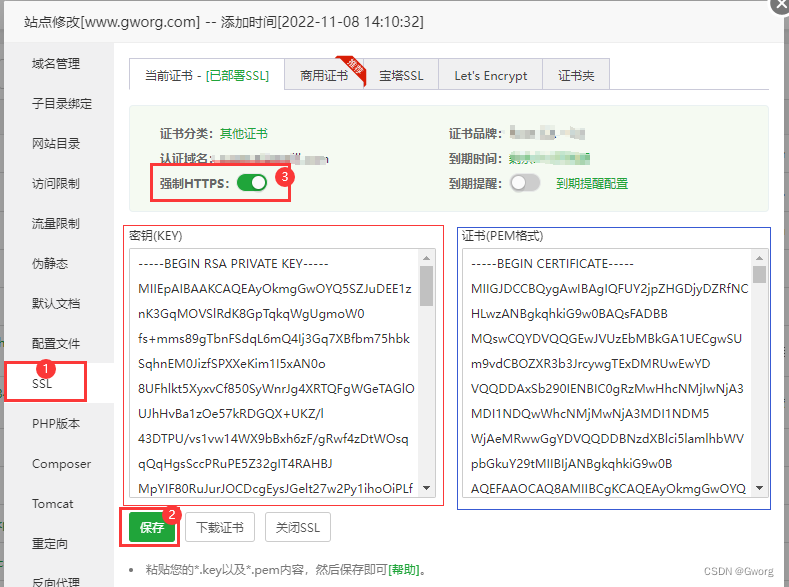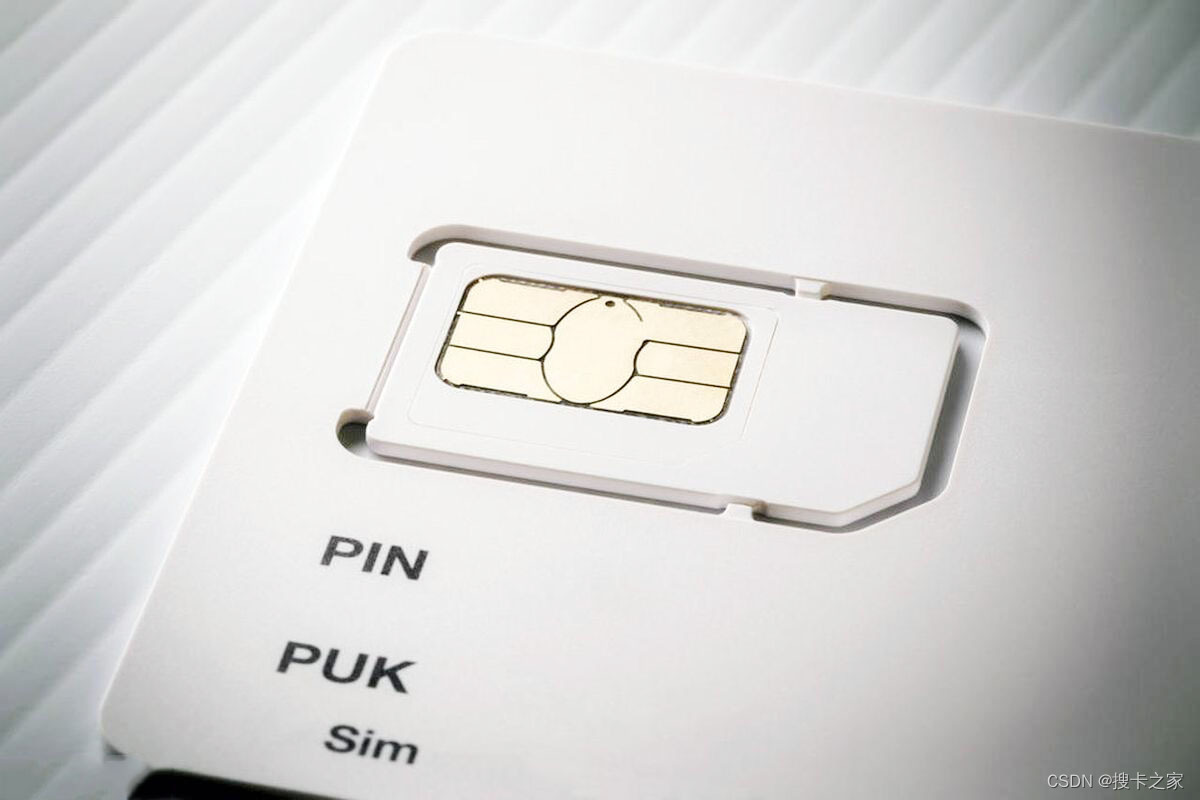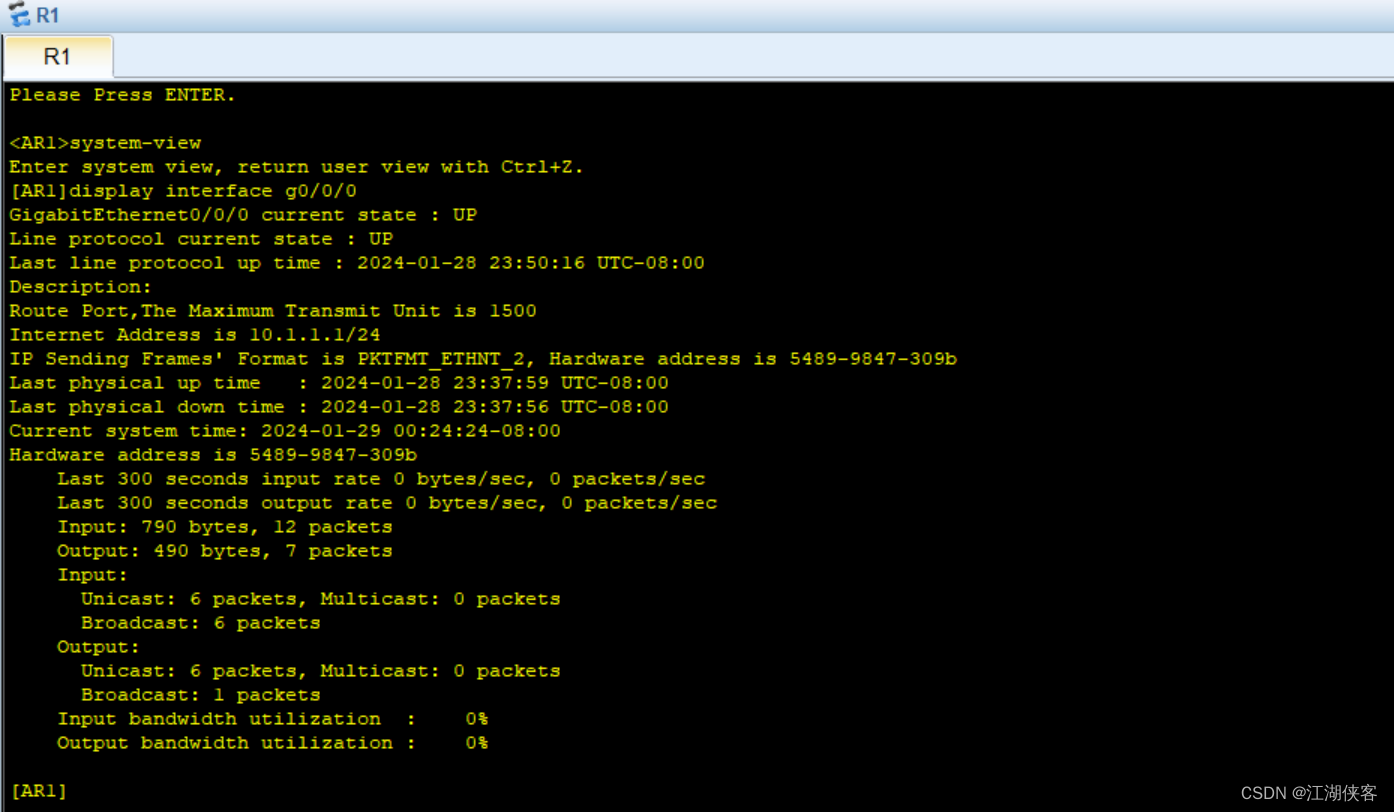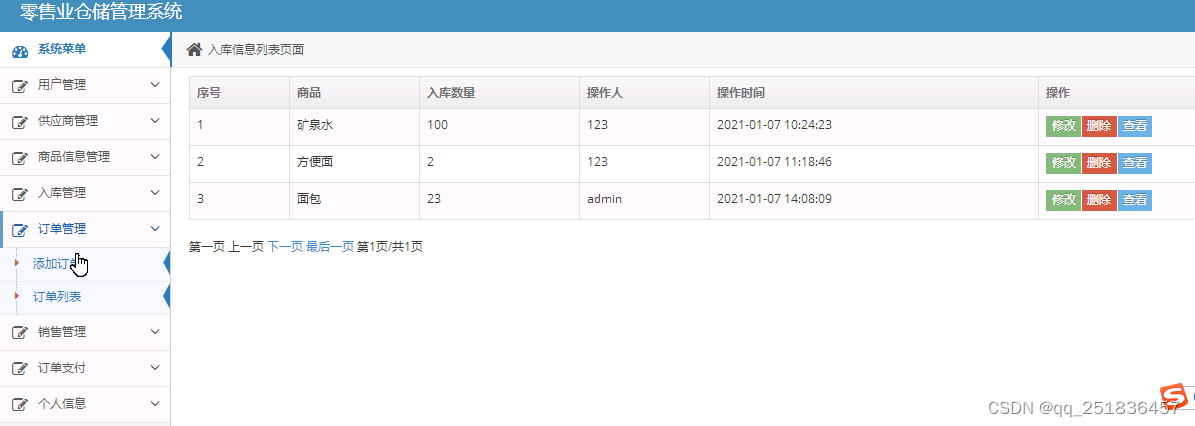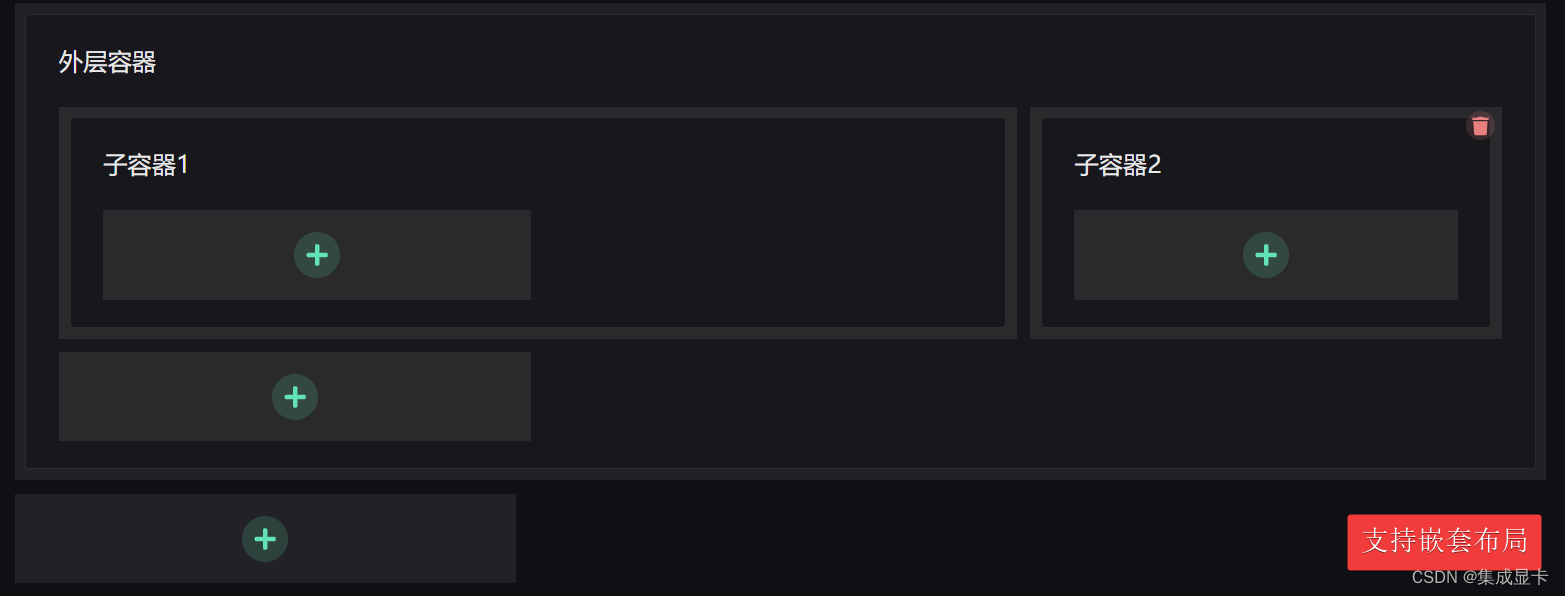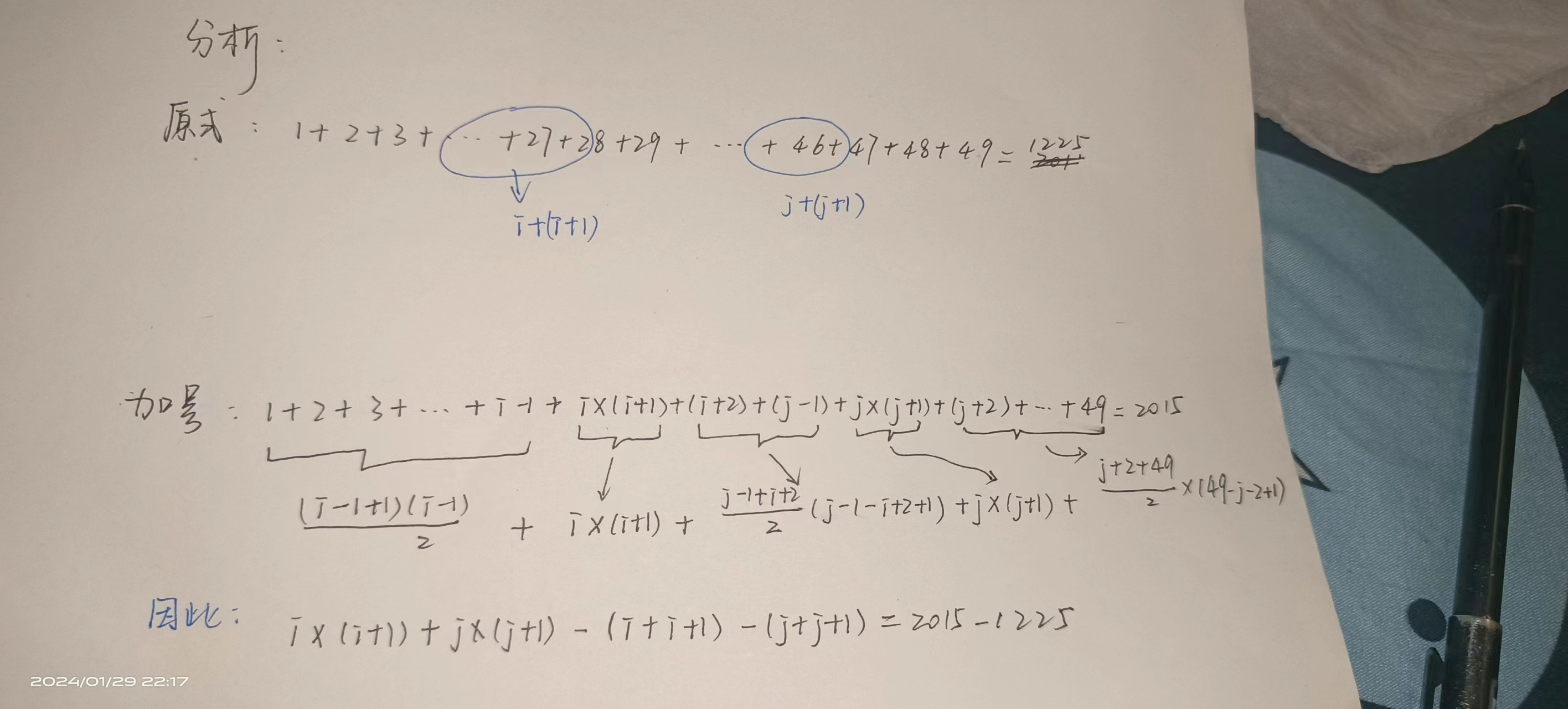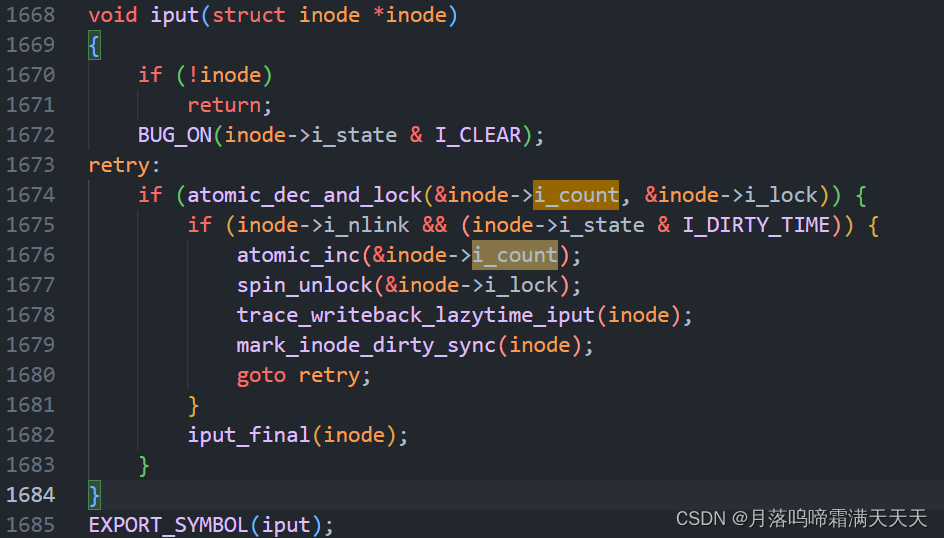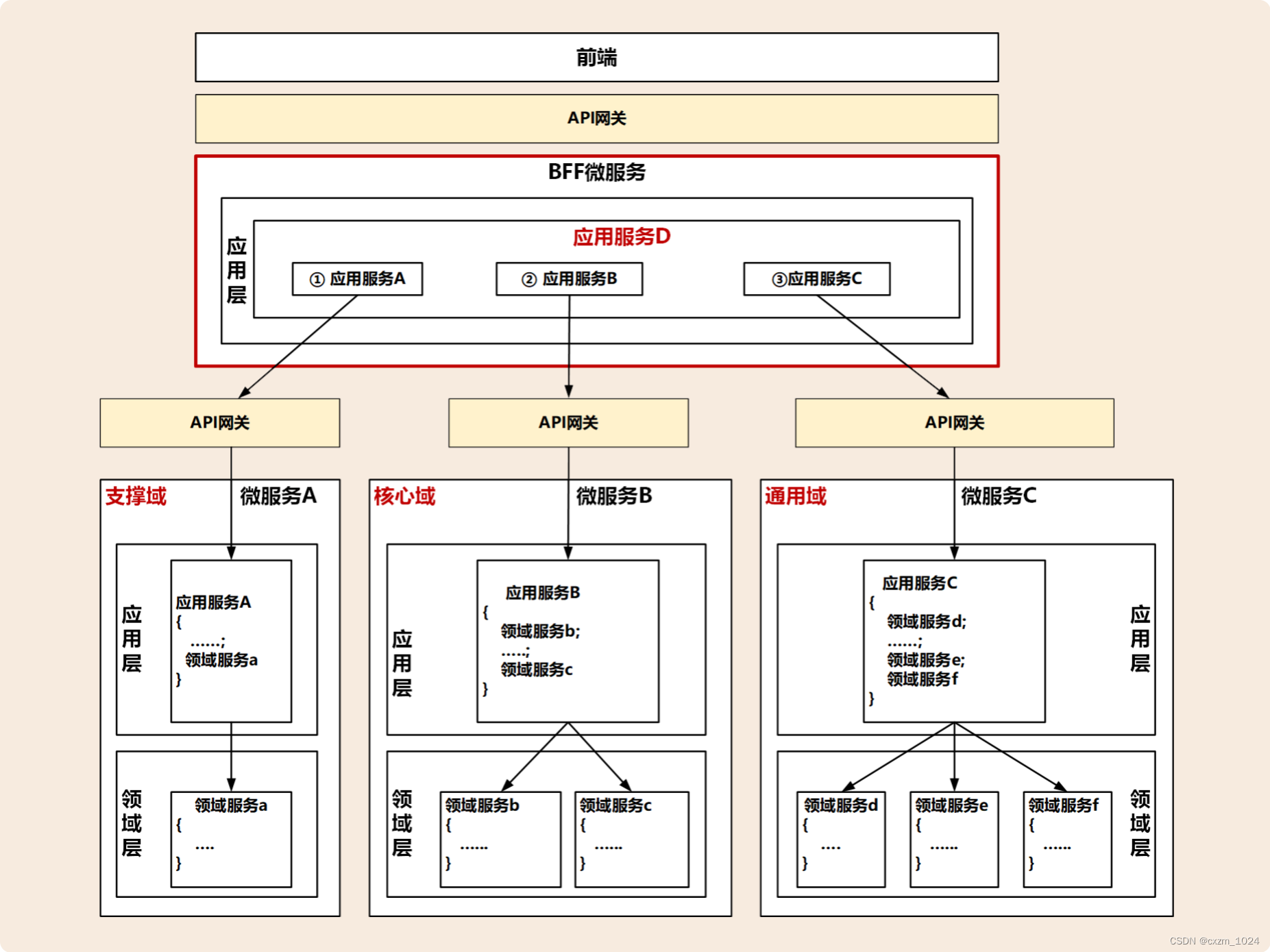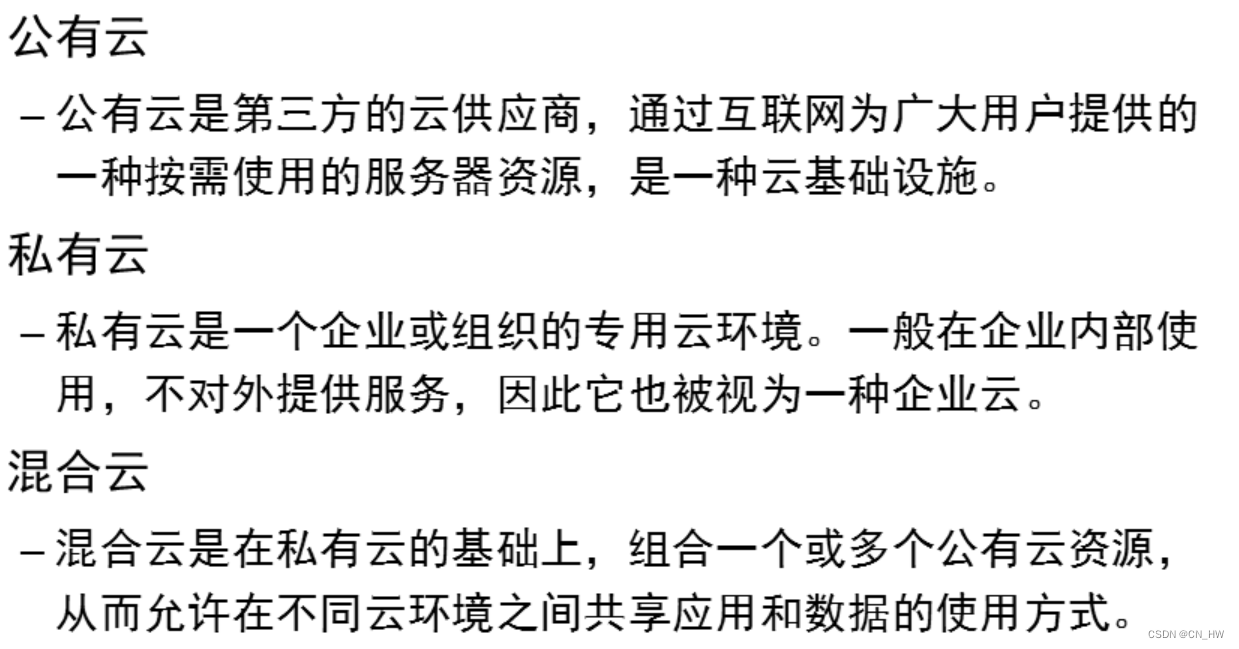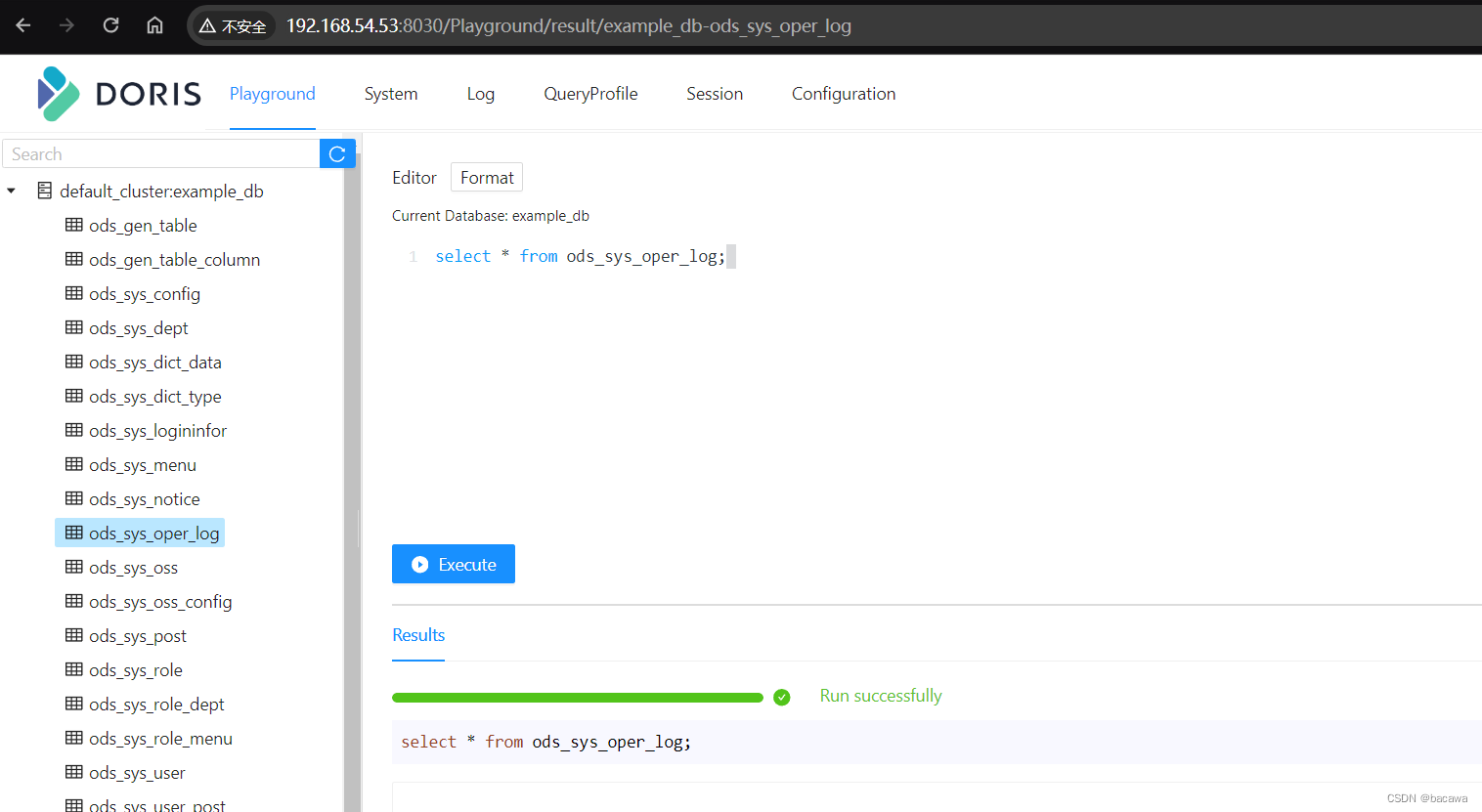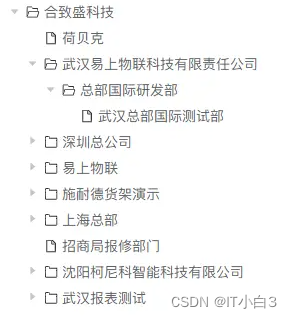《妙法莲华经》曰:“佛道长远,久受勤苦,乃可得成。” 世事修炼,莫不如是,日拱一卒无有尽,功不唐捐终入海。
传送门:
《温酒读Qt:QObject 序篇》
《温酒读Qt:QObject中篇1—— Q_OBJECT的隐秘角落》
1、QObjectPrivate class
先贴源码,然后我们挑重点进行分析;
/****************************************************************************
**
** Copyright (C) 2019 The Qt Company Ltd.
** Copyright (C) 2013 Olivier Goffart <ogoffart@woboq.com>
** Contact: https://www.qt.io/licensing/
**
** This file is part of the QtCore module of the Qt Toolkit.
**
** $QT_BEGIN_LICENSE:LGPL$
** Commercial License Usage
** Licensees holding valid commercial Qt licenses may use this file in
** accordance with the commercial license agreement provided with the
** Software or, alternatively, in accordance with the terms contained in
** a written agreement between you and The Qt Company. For licensing terms
** and conditions see https://www.qt.io/terms-conditions. For further
** information use the contact form at https://www.qt.io/contact-us.
**
** GNU Lesser General Public License Usage
** Alternatively, this file may be used under the terms of the GNU Lesser
** General Public License version 3 as published by the Free Software
** Foundation and appearing in the file LICENSE.LGPL3 included in the
** packaging of this file. Please review the following information to
** ensure the GNU Lesser General Public License version 3 requirements
** will be met: https://www.gnu.org/licenses/lgpl-3.0.html.
**
** GNU General Public License Usage
** Alternatively, this file may be used under the terms of the GNU
** General Public License version 2.0 or (at your option) the GNU General
** Public license version 3 or any later version approved by the KDE Free
** Qt Foundation. The licenses are as published by the Free Software
** Foundation and appearing in the file LICENSE.GPL2 and LICENSE.GPL3
** included in the packaging of this file. Please review the following
** information to ensure the GNU General Public License requirements will
** be met: https://www.gnu.org/licenses/gpl-2.0.html and
** https://www.gnu.org/licenses/gpl-3.0.html.
**
** $QT_END_LICENSE$
**
****************************************************************************/
#ifndef QOBJECT_P_H
#define QOBJECT_P_H
//
// W A R N I N G
// -------------
//
// This file is not part of the Qt API. It exists for the convenience
// of qapplication_*.cpp, qwidget*.cpp and qfiledialog.cpp. This header
// file may change from version to version without notice, or even be removed.
//
// We mean it.
//
#include <QtCore/private/qglobal_p.h>
#include "QtCore/qobject.h"
#include "QtCore/qpointer.h"
#include "QtCore/qsharedpointer.h"
#include "QtCore/qcoreevent.h"
#include "QtCore/qlist.h"
#include "QtCore/qvector.h"
#include "QtCore/qvariant.h"
#include "QtCore/qreadwritelock.h"
QT_BEGIN_NAMESPACE
class QVariant;
class QThreadData;
class QObjectConnectionListVector;
namespace QtSharedPointer { struct ExternalRefCountData; }
/* for Qt Test */
struct QSignalSpyCallbackSet
{
typedef void (*BeginCallback)(QObject *caller, int signal_or_method_index, void **argv);
typedef void (*EndCallback)(QObject *caller, int signal_or_method_index);
BeginCallback signal_begin_callback,
slot_begin_callback;
EndCallback signal_end_callback,
slot_end_callback;
};
void Q_CORE_EXPORT qt_register_signal_spy_callbacks(QSignalSpyCallbackSet *callback_set);
extern Q_CORE_EXPORT QBasicAtomicPointer<QSignalSpyCallbackSet> qt_signal_spy_callback_set;
enum { QObjectPrivateVersion = QT_VERSION };
class Q_CORE_EXPORT QAbstractDeclarativeData
{
public:
static void (*destroyed)(QAbstractDeclarativeData *, QObject *);
static void (*destroyed_qml1)(QAbstractDeclarativeData *, QObject *);
static void (*parentChanged)(QAbstractDeclarativeData *, QObject *, QObject *);
static void (*signalEmitted)(QAbstractDeclarativeData *, QObject *, int, void **);
static int (*receivers)(QAbstractDeclarativeData *, const QObject *, int);
static bool (*isSignalConnected)(QAbstractDeclarativeData *, const QObject *, int);
static void (*setWidgetParent)(QObject *, QObject *); // Used by the QML engine to specify parents for widgets. Set by QtWidgets.
};
// This is an implementation of QAbstractDeclarativeData that is identical with
// the implementation in QtDeclarative and QtQml for the first bit
struct QAbstractDeclarativeDataImpl : public QAbstractDeclarativeData
{
quint32 ownedByQml1:1;
quint32 unused: 31;
};
class Q_CORE_EXPORT QObjectPrivate : public QObjectData
{
Q_DECLARE_PUBLIC(QObject)
public:
struct ExtraData
{
ExtraData() {}
#ifndef QT_NO_USERDATA
QVector<QObjectUserData *> userData;
#endif
QList<QByteArray> propertyNames;
QVector<QVariant> propertyValues;
QVector<int> runningTimers;
QList<QPointer<QObject> > eventFilters;
QString objectName;
};
typedef void (*StaticMetaCallFunction)(QObject *, QMetaObject::Call, int, void **);
struct Connection;
struct SignalVector;
struct ConnectionOrSignalVector {
union {
// linked list of orphaned connections that need cleaning up
ConnectionOrSignalVector *nextInOrphanList;
// linked list of connections connected to slots in this object
Connection *next;
};
static SignalVector *asSignalVector(ConnectionOrSignalVector *c) {
if (reinterpret_cast<quintptr>(c) & 1)
return reinterpret_cast<SignalVector *>(reinterpret_cast<quintptr>(c) & ~quintptr(1u));
return nullptr;
}
static Connection *fromSignalVector(SignalVector *v) {
return reinterpret_cast<Connection *>(reinterpret_cast<quintptr>(v) | quintptr(1u));
}
};
struct Connection : public ConnectionOrSignalVector
{
// linked list of connections connected to slots in this object, next is in base class
Connection **prev;
// linked list of connections connected to signals in this object
QAtomicPointer<Connection> nextConnectionList;
Connection *prevConnectionList;
QObject *sender;
QAtomicPointer<QObject> receiver;
QAtomicPointer<QThreadData> receiverThreadData;
union {
StaticMetaCallFunction callFunction;
QtPrivate::QSlotObjectBase *slotObj;
};
QAtomicPointer<const int> argumentTypes;
QAtomicInt ref_;
uint id = 0;
ushort method_offset;
ushort method_relative;
int signal_index : 27; // In signal range (see QObjectPrivate::signalIndex())
ushort connectionType : 3; // 0 == auto, 1 == direct, 2 == queued, 4 == blocking
ushort isSlotObject : 1;
ushort ownArgumentTypes : 1;
Connection() : ref_(2), ownArgumentTypes(true) {
//ref_ is 2 for the use in the internal lists, and for the use in QMetaObject::Connection
}
~Connection();
int method() const { Q_ASSERT(!isSlotObject); return method_offset + method_relative; }
void ref() { ref_.ref(); }
void freeSlotObject()
{
if (isSlotObject) {
slotObj->destroyIfLastRef();
isSlotObject = false;
}
}
void deref() {
if (!ref_.deref()) {
Q_ASSERT(!receiver.loadRelaxed());
Q_ASSERT(!isSlotObject);
delete this;
}
}
};
// ConnectionList is a singly-linked list
struct ConnectionList {
QAtomicPointer<Connection> first;
QAtomicPointer<Connection> last;
};
struct Sender
{
Sender(QObject *receiver, QObject *sender, int signal)
: receiver(receiver), sender(sender), signal(signal)
{
if (receiver) {
ConnectionData *cd = receiver->d_func()->connections.loadRelaxed();
previous = cd->currentSender;
cd->currentSender = this;
}
}
~Sender()
{
if (receiver)
receiver->d_func()->connections.loadRelaxed()->currentSender = previous;
}
void receiverDeleted()
{
Sender *s = this;
while (s) {
s->receiver = nullptr;
s = s->previous;
}
}
Sender *previous;
QObject *receiver;
QObject *sender;
int signal;
};
struct SignalVector : public ConnectionOrSignalVector {
quintptr allocated;
// ConnectionList signals[]
ConnectionList &at(int i)
{
return reinterpret_cast<ConnectionList *>(this + 1)[i + 1];
}
const ConnectionList &at(int i) const
{
return reinterpret_cast<const ConnectionList *>(this + 1)[i + 1];
}
int count() const { return static_cast<int>(allocated); }
};
/*
This contains the all connections from and to an object.
The signalVector contains the lists of connections for a given signal. The index in the vector correspond
to the signal index. The signal index is the one returned by QObjectPrivate::signalIndex (not
QMetaObject::indexOfSignal). allsignals contains a list of special connections that will get invoked on
any signal emission. This is done by connecting to signal index -1.
This vector is protected by the object mutex (signalSlotLock())
Each Connection is also part of a 'senders' linked list. This one contains all connections connected
to a slot in this object. The mutex of the receiver must be locked when touching the pointers of this
linked list.
*/
struct ConnectionData {
// the id below is used to avoid activating new connections. When the object gets
// deleted it's set to 0, so that signal emission stops
QAtomicInteger<uint> currentConnectionId;
QAtomicInt ref;
QAtomicPointer<SignalVector> signalVector;
Connection *senders = nullptr;
Sender *currentSender = nullptr; // object currently activating the object
QAtomicPointer<Connection> orphaned;
~ConnectionData()
{
deleteOrphaned(orphaned.loadRelaxed());
SignalVector *v = signalVector.loadRelaxed();
if (v)
free(v);
}
// must be called on the senders connection data
// assumes the senders and receivers lock are held
void removeConnection(Connection *c);
void cleanOrphanedConnections(QObject *sender)
{
if (orphaned.loadRelaxed() && ref.loadAcquire() == 1)
cleanOrphanedConnectionsImpl(sender);
}
void cleanOrphanedConnectionsImpl(QObject *sender);
ConnectionList &connectionsForSignal(int signal)
{
return signalVector.loadRelaxed()->at(signal);
}
void resizeSignalVector(uint size) {
SignalVector *vector = this->signalVector.loadRelaxed();
if (vector && vector->allocated > size)
return;
size = (size + 7) & ~7;
SignalVector *newVector = reinterpret_cast<SignalVector *>(malloc(sizeof(SignalVector) + (size + 1) * sizeof(ConnectionList)));
int start = -1;
if (vector) {
memcpy(newVector, vector, sizeof(SignalVector) + (vector->allocated + 1) * sizeof(ConnectionList));
start = vector->count();
}
for (int i = start; i < int(size); ++i)
newVector->at(i) = ConnectionList();
newVector->next = nullptr;
newVector->allocated = size;
signalVector.storeRelaxed(newVector);
if (vector) {
vector->nextInOrphanList = orphaned.loadRelaxed();
orphaned.storeRelaxed(ConnectionOrSignalVector::fromSignalVector(vector));
}
}
int signalVectorCount() const {
return signalVector.loadAcquire() ? signalVector.loadRelaxed()->count() : -1;
}
static void deleteOrphaned(ConnectionOrSignalVector *c);
};
QObjectPrivate(int version = QObjectPrivateVersion);
virtual ~QObjectPrivate();
void deleteChildren();
void setParent_helper(QObject *);
void moveToThread_helper();
void setThreadData_helper(QThreadData *currentData, QThreadData *targetData);
void _q_reregisterTimers(void *pointer);
bool isSender(const QObject *receiver, const char *signal) const;
QObjectList receiverList(const char *signal) const;
QObjectList senderList() const;
void addConnection(int signal, Connection *c);
static QObjectPrivate *get(QObject *o) {
return o->d_func();
}
static const QObjectPrivate *get(const QObject *o) { return o->d_func(); }
int signalIndex(const char *signalName, const QMetaObject **meta = nullptr) const;
bool isSignalConnected(uint signalIdx, bool checkDeclarative = true) const;
bool maybeSignalConnected(uint signalIndex) const;
inline bool isDeclarativeSignalConnected(uint signalIdx) const;
// To allow abitrary objects to call connectNotify()/disconnectNotify() without making
// the API public in QObject. This is used by QQmlNotifierEndpoint.
inline void connectNotify(const QMetaMethod &signal);
inline void disconnectNotify(const QMetaMethod &signal);
template <typename Func1, typename Func2>
static inline QMetaObject::Connection connect(const typename QtPrivate::FunctionPointer<Func1>::Object *sender, Func1 signal,
const typename QtPrivate::FunctionPointer<Func2>::Object *receiverPrivate, Func2 slot,
Qt::ConnectionType type = Qt::AutoConnection);
template <typename Func1, typename Func2>
static inline bool disconnect(const typename QtPrivate::FunctionPointer<Func1>::Object *sender, Func1 signal,
const typename QtPrivate::FunctionPointer<Func2>::Object *receiverPrivate, Func2 slot);
static QMetaObject::Connection connectImpl(const QObject *sender, int signal_index,
const QObject *receiver, void **slot,
QtPrivate::QSlotObjectBase *slotObj, Qt::ConnectionType type,
const int *types, const QMetaObject *senderMetaObject);
static QMetaObject::Connection connect(const QObject *sender, int signal_index, QtPrivate::QSlotObjectBase *slotObj, Qt::ConnectionType type);
static bool disconnect(const QObject *sender, int signal_index, void **slot);
void ensureConnectionData()
{
if (connections.loadRelaxed())
return;
ConnectionData *cd = new ConnectionData;
cd->ref.ref();
connections.storeRelaxed(cd);
}
public:
ExtraData *extraData; // extra data set by the user
QThreadData *threadData; // id of the thread that owns the object
using ConnectionDataPointer = QExplicitlySharedDataPointer<ConnectionData>;
QAtomicPointer<ConnectionData> connections;
union {
QObject *currentChildBeingDeleted; // should only be used when QObjectData::isDeletingChildren is set
QAbstractDeclarativeData *declarativeData; //extra data used by the declarative module
};
// these objects are all used to indicate that a QObject was deleted
// plus QPointer, which keeps a separate list
QAtomicPointer<QtSharedPointer::ExternalRefCountData> sharedRefcount;
};
Q_DECLARE_TYPEINFO(QObjectPrivate::ConnectionList, Q_MOVABLE_TYPE);
inline bool QObjectPrivate::isDeclarativeSignalConnected(uint signal_index) const
{
return declarativeData && QAbstractDeclarativeData::isSignalConnected
&& QAbstractDeclarativeData::isSignalConnected(declarativeData, q_func(), signal_index);
}
inline void QObjectPrivate::connectNotify(const QMetaMethod &signal)
{
q_ptr->connectNotify(signal);
}
inline void QObjectPrivate::disconnectNotify(const QMetaMethod &signal)
{
q_ptr->disconnectNotify(signal);
}
namespace QtPrivate {
template<typename Func, typename Args, typename R> class QPrivateSlotObject : public QSlotObjectBase
{
typedef QtPrivate::FunctionPointer<Func> FuncType;
Func function;
static void impl(int which, QSlotObjectBase *this_, QObject *r, void **a, bool *ret)
{
switch (which) {
case Destroy:
delete static_cast<QPrivateSlotObject*>(this_);
break;
case Call:
FuncType::template call<Args, R>(static_cast<QPrivateSlotObject*>(this_)->function,
static_cast<typename FuncType::Object *>(QObjectPrivate::get(r)), a);
break;
case Compare:
*ret = *reinterpret_cast<Func *>(a) == static_cast<QPrivateSlotObject*>(this_)->function;
break;
case NumOperations: ;
}
}
public:
explicit QPrivateSlotObject(Func f) : QSlotObjectBase(&impl), function(f) {}
};
} //namespace QtPrivate
template <typename Func1, typename Func2>
inline QMetaObject::Connection QObjectPrivate::connect(const typename QtPrivate::FunctionPointer<Func1>::Object *sender, Func1 signal,
const typename QtPrivate::FunctionPointer<Func2>::Object *receiverPrivate, Func2 slot,
Qt::ConnectionType type)
{
typedef QtPrivate::FunctionPointer<Func1> SignalType;
typedef QtPrivate::FunctionPointer<Func2> SlotType;
Q_STATIC_ASSERT_X(QtPrivate::HasQ_OBJECT_Macro<typename SignalType::Object>::Value,
"No Q_OBJECT in the class with the signal");
//compilation error if the arguments does not match.
Q_STATIC_ASSERT_X(int(SignalType::ArgumentCount) >= int(SlotType::ArgumentCount),
"The slot requires more arguments than the signal provides.");
Q_STATIC_ASSERT_X((QtPrivate::CheckCompatibleArguments<typename SignalType::Arguments, typename SlotType::Arguments>::value),
"Signal and slot arguments are not compatible.");
Q_STATIC_ASSERT_X((QtPrivate::AreArgumentsCompatible<typename SlotType::ReturnType, typename SignalType::ReturnType>::value),
"Return type of the slot is not compatible with the return type of the signal.");
const int *types = nullptr;
if (type == Qt::QueuedConnection || type == Qt::BlockingQueuedConnection)
types = QtPrivate::ConnectionTypes<typename SignalType::Arguments>::types();
return QObject::connectImpl(sender, reinterpret_cast<void **>(&signal),
receiverPrivate->q_ptr, reinterpret_cast<void **>(&slot),
new QtPrivate::QPrivateSlotObject<Func2, typename QtPrivate::List_Left<typename SignalType::Arguments, SlotType::ArgumentCount>::Value,
typename SignalType::ReturnType>(slot),
type, types, &SignalType::Object::staticMetaObject);
}
template <typename Func1, typename Func2>
bool QObjectPrivate::disconnect(const typename QtPrivate::FunctionPointer< Func1 >::Object* sender, Func1 signal,
const typename QtPrivate::FunctionPointer< Func2 >::Object* receiverPrivate, Func2 slot)
{
typedef QtPrivate::FunctionPointer<Func1> SignalType;
typedef QtPrivate::FunctionPointer<Func2> SlotType;
Q_STATIC_ASSERT_X(QtPrivate::HasQ_OBJECT_Macro<typename SignalType::Object>::Value,
"No Q_OBJECT in the class with the signal");
//compilation error if the arguments does not match.
Q_STATIC_ASSERT_X((QtPrivate::CheckCompatibleArguments<typename SignalType::Arguments, typename SlotType::Arguments>::value),
"Signal and slot arguments are not compatible.");
return QObject::disconnectImpl(sender, reinterpret_cast<void **>(&signal),
receiverPrivate->q_ptr, reinterpret_cast<void **>(&slot),
&SignalType::Object::staticMetaObject);
}
Q_DECLARE_TYPEINFO(QObjectPrivate::Connection, Q_MOVABLE_TYPE);
Q_DECLARE_TYPEINFO(QObjectPrivate::Sender, Q_MOVABLE_TYPE);
class QSemaphore;
class Q_CORE_EXPORT QAbstractMetaCallEvent : public QEvent
{
public:
QAbstractMetaCallEvent(const QObject *sender, int signalId, QSemaphore *semaphore = nullptr)
: QEvent(MetaCall), signalId_(signalId), sender_(sender)
#if QT_CONFIG(thread)
, semaphore_(semaphore)
#endif
{ Q_UNUSED(semaphore); }
~QAbstractMetaCallEvent();
virtual void placeMetaCall(QObject *object) = 0;
inline const QObject *sender() const { return sender_; }
inline int signalId() const { return signalId_; }
private:
int signalId_;
const QObject *sender_;
#if QT_CONFIG(thread)
QSemaphore *semaphore_;
#endif
};
class Q_CORE_EXPORT QMetaCallEvent : public QAbstractMetaCallEvent
{
public:
// blocking queued with semaphore - args always owned by caller
QMetaCallEvent(ushort method_offset, ushort method_relative,
QObjectPrivate::StaticMetaCallFunction callFunction,
const QObject *sender, int signalId,
void **args, QSemaphore *semaphore);
QMetaCallEvent(QtPrivate::QSlotObjectBase *slotObj,
const QObject *sender, int signalId,
void **args, QSemaphore *semaphore);
// queued - args allocated by event, copied by caller
QMetaCallEvent(ushort method_offset, ushort method_relative,
QObjectPrivate::StaticMetaCallFunction callFunction,
const QObject *sender, int signalId,
int nargs);
QMetaCallEvent(QtPrivate::QSlotObjectBase *slotObj,
const QObject *sender, int signalId,
int nargs);
~QMetaCallEvent() override;
inline int id() const { return d.method_offset_ + d.method_relative_; }
inline const void * const* args() const { return d.args_; }
inline void ** args() { return d.args_; }
inline const int *types() const { return reinterpret_cast<int*>(d.args_ + d.nargs_); }
inline int *types() { return reinterpret_cast<int*>(d.args_ + d.nargs_); }
virtual void placeMetaCall(QObject *object) override;
private:
inline void allocArgs();
struct Data {
QtPrivate::QSlotObjectBase *slotObj_;
void **args_;
QObjectPrivate::StaticMetaCallFunction callFunction_;
int nargs_;
ushort method_offset_;
ushort method_relative_;
} d;
// preallocate enough space for three arguments
char prealloc_[3*(sizeof(void*) + sizeof(int))];
};
class QBoolBlocker
{
Q_DISABLE_COPY_MOVE(QBoolBlocker)
public:
explicit inline QBoolBlocker(bool &b, bool value=true):block(b), reset(b){block = value;}
inline ~QBoolBlocker(){block = reset; }
private:
bool █
bool reset;
};
void Q_CORE_EXPORT qDeleteInEventHandler(QObject *o);
struct QAbstractDynamicMetaObject;
struct Q_CORE_EXPORT QDynamicMetaObjectData
{
virtual ~QDynamicMetaObjectData();
virtual void objectDestroyed(QObject *) { delete this; }
virtual QAbstractDynamicMetaObject *toDynamicMetaObject(QObject *) = 0;
virtual int metaCall(QObject *, QMetaObject::Call, int _id, void **) = 0;
};
struct Q_CORE_EXPORT QAbstractDynamicMetaObject : public QDynamicMetaObjectData, public QMetaObject
{
~QAbstractDynamicMetaObject();
QAbstractDynamicMetaObject *toDynamicMetaObject(QObject *) override { return this; }
virtual int createProperty(const char *, const char *) { return -1; }
int metaCall(QObject *, QMetaObject::Call c, int _id, void **a) override
{ return metaCall(c, _id, a); }
virtual int metaCall(QMetaObject::Call, int _id, void **) { return _id; } // Compat overload
};
QT_END_NAMESPACE
#endif // QOBJECT_P_H
代码量也不多,不过很多朋友对于看源码这件事情,刚开始看到这一坨代码可能内心莫名的就会生出反感的情绪来。这里说说博主的方法哈。
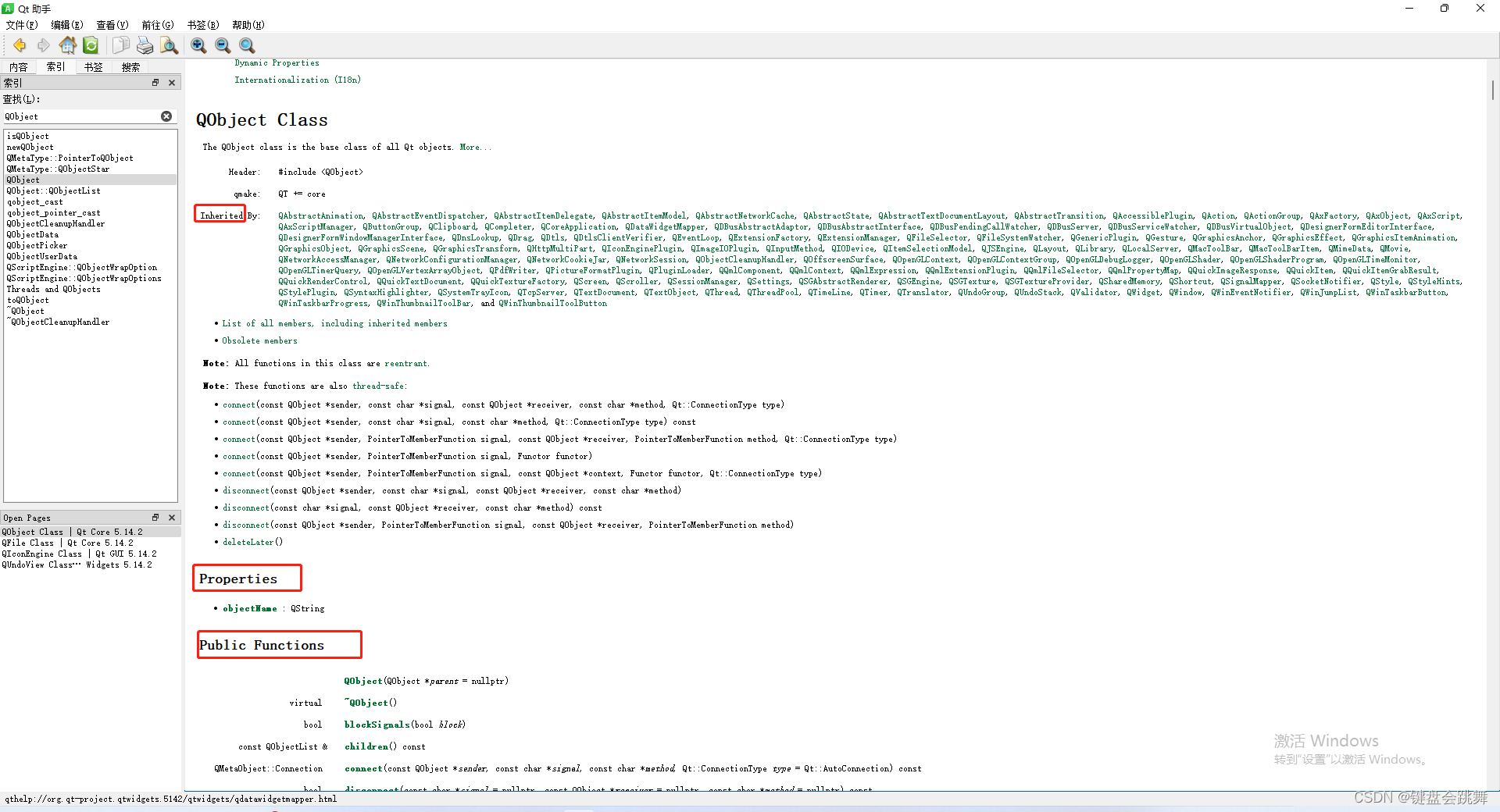
我们基于Qt的框架开发,特别是在刚接触的情况下,最有效和快速准确的熟悉Qt模块/class/API等的方法,肯定是查看帮助手册。而且我也不止一次的表扬过Qt的Assistant, 写的是真的好,条理清晰,一目了然。 只不过,我们现在调试源码,你在帮助手册中去查看QObjectPrivate,这定然是无法查找到的。但是,帮助手册中的目录却值得借鉴。
首先,明确我们当前目标为 QObject 的私有类QObjectPrivate,我们重点要关注以下几点
- 1、
QObjectPrivate是什么,主要有什么作用? - 2、
QObjectPrivate的继承关系?(这个很重要,能帮你在后面快速厘清成员变量和成员函数,以及哪些是重写的函数,以及哪些是自己特有的函数) - 3、它包含哪些
成员变量和成员函数?大概起到了什么作用?
从这个角度来梳理,那我们就相对比较容易了。
让大家觉得不容易的,可能就是在查看源码的过程中包含了各种语法糖,各种看着就很高级的,不知如何下手。不过反过来思考,你暂时看着、理解着难受的,不都是你未知,并可以前进的方向么,这是一件很开心的事情啊。博主奉行的就是“终生学习”的理念,对于未知常常会充满兴趣,并决心去愉快的探索。
2、继承关系
QObjectPrivate -> QObjectData
继承的深度只有一层,舒服,简单搂一眼QObjectData
class Q_CORE_EXPORT QObjectData {
Q_DISABLE_COPY(QObjectData)
public:
QObjectData() = default;
virtual ~QObjectData() = 0; // 这个接口表明了QObjectData是一个接口类,只能被继承
QObject *q_ptr; // 原来q指针刺客在这里申明的
QObject *parent; // 每个QObject的对象或者子类对象都有记住父类的对象指针,那么在查找某个对象的子类对象时就轻而易举了
QObjectList children; // typedef QList<QObject*> QObjectList; 这里更直接,直接记录了该对象的所有子类对象;每个子类对象展开又包含有同样的结构,说说看这是什么,可不就是一个嵌套的链式结构么
uint isWidget : 1; // 位域的知识不多说
uint blockSig : 1;
uint wasDeleted : 1;
uint isDeletingChildren : 1;
uint sendChildEvents : 1;
uint receiveChildEvents : 1;
uint isWindow : 1; //for QWindow
uint deleteLaterCalled : 1;
uint unused : 24;
int postedEvents;
QDynamicMetaObjectData *metaObject;
QMetaObject *dynamicMetaObject() const;
#ifdef QT_DEBUG
enum { CheckForParentChildLoopsWarnDepth = 4096 };
#endif
};
看完了QObjectData 的数据结构,其实我们有一个很有趣的问题引出来。
我们都知道Qt中所有的对象都继承自
QObject,譬如QWidget也是继承自QObject的。我们在编码的过程中,为什么实例化QObject的子类对象,我们只说在堆上为对象申请内存的情况,为何却不需要自己编码去显示调用对象内存释放函数,来销毁对象实例呢?
问题抛出来,我们会在循序渐进的过程中解答这个问题~ 当然,如果是已经看到这儿的朋友,你怀有强烈的好奇心,也不妨自己动动手去寻找答案(注释中其实已经给了提示了哈)
3、成员变量
从代码中找成员变量,有时候代码行数比较多,且成员变量的定义比较分散的时候,确实不宜直接查看。这时候我们得想想办法。
在最近的 《2024了,我不允许你还不会:Qt查看与调试源码》一文中,同大家分享了Qt源码调试环境的搭建技巧。这里我们也是写一段简单的代码,通过调试器来辅助我们查看源码:
调试代码:
#include <QCoreApplication>
#include <QObject>
int main(int argc, char *argv[])
{
QCoreApplication a(argc, argv);
QObject o1,o2;
QObject::connect(&o1,&QObject::destroyed, &o2,&QObject::destroyed);
return a.exec();
}
我们始终要调试的时QObject 对吧,我们也说了 QObject 与 QObjectPrivate的关系,对吧。
好的,那我们如下打两个断点。然后开始愉快的探索之旅。
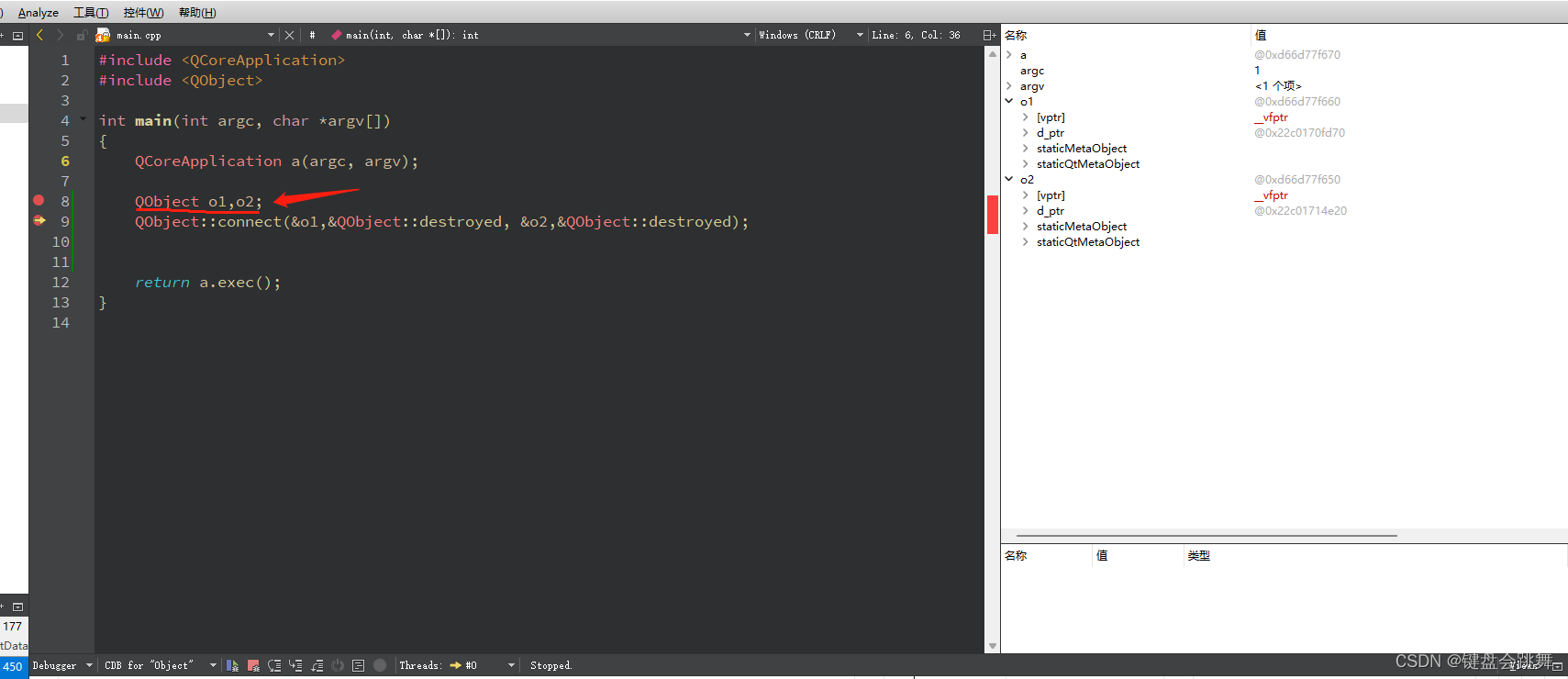
如上,我们实例化了两个QObject的对象,分别是o1和o2;
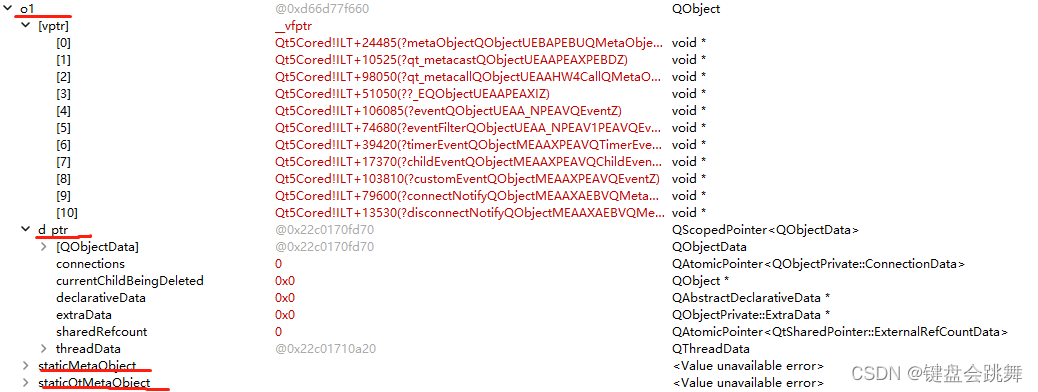
我们看到,QObject的实例化对象o1中包含了4个成员变量,分别是vptr 、d_ptr 以及staticMetaObject和staticQtMetaObject .
vptr从何而来? 我们回归下C++的基础知识,QObject是一个虚类,当实例化对象时,编译器会自动为实例化对象添加一个内置的成员变量vptr(即我们常说的虚表指针,指向QObject类在编译时生成的虚函数表)。d_ptr是啥? 我们在源码中很快可以找到其定义:QScopedPointer<QObjectData> d_ptr;指向QObjectData数据成员变量的智能指针。staticQtMetaObject是怎么定义的?static const QMetaObject staticQtMetaObject;即元对象类型的静态常成员变量。staticMetaObject呢?同上。
我们回到本章主题,在来看看 QObjectPrivate.
前面我们已经说过,QObjectPrivate 公有继承自 QObjectData,在QObject类中定义了QScopedPointer<QObjectData> d_ptr;
QObject的构造函数里 ,定义了d_ptr;
QObject::QObject(QObject *parent)
: d_ptr(new QObjectPrivate)
{
// ...
}
所以,这里就是我们常说的“向上造型”,用基类(QObjectData)指针 指向子类(QObjectPrivate)对象.
我们再借助调试器来看看 QObjectPrivate实例化对象的布局:

因为 QObjectPrivate 共有继承自QObjectData,所以,它可以访问 QObjectData的所有成员变量(QObjectData 中所有成员变量都是 public属性的)。
其次,它还含有如下几个成员变量:
currentChildBeingDeleted:declarativeData
这俩哥们被定义在一个联合体中,即两个存在互斥关系。
union {
QObject *currentChildBeingDeleted; // should only be used when QObjectData::isDeletingChildren is set
QAbstractDeclarativeData *declarativeData; //extra data used by the declarative module
};
extraData: extra data set by the usershareRefcount: these objects are all used to indicate that a QObject was deleted plus QPointer, which keeps a separate list
QAtomicPointer<QtSharedPointer::ExternalRefCountData> sharedRefcount;
-
threadData: id of the thread that owns the object -
connections: 记录信号和槽的连接信息
QAtomicPointer<ConnectionData> connections;
我特意把 connections 放到下面来说,因为这里非常有意思。继续往下挖,就到了Qt信号和槽机制的根了,黑大粗那种。看看 ConnectionData 类:
struct ConnectionData {
// the id below is used to avoid activating new connections. When the object gets
// deleted it's set to 0, so that signal emission stops
QAtomicInteger<uint> currentConnectionId;
QAtomicInt ref;
QAtomicPointer<SignalVector> signalVector; /// 信号容器
Connection *senders = nullptr;
Sender *currentSender = nullptr; // object currently activating the object
QAtomicPointer<Connection> orphaned;
~ConnectionData()
{
deleteOrphaned(orphaned.loadRelaxed());
SignalVector *v = signalVector.loadRelaxed();
if (v)
free(v);
}
// must be called on the senders connection data
// assumes the senders and receivers lock are held
void removeConnection(Connection *c);
void cleanOrphanedConnections(QObject *sender)
{
if (orphaned.loadRelaxed() && ref.loadAcquire() == 1)
cleanOrphanedConnectionsImpl(sender);
}
void cleanOrphanedConnectionsImpl(QObject *sender);
ConnectionList &connectionsForSignal(int signal)
{
return signalVector.loadRelaxed()->at(signal);
}
void resizeSignalVector(uint size) {
SignalVector *vector = this->signalVector.loadRelaxed();
if (vector && vector->allocated > size)
return;
size = (size + 7) & ~7;
SignalVector *newVector = reinterpret_cast<SignalVector *>(malloc(sizeof(SignalVector) + (size + 1) * sizeof(ConnectionList)));
int start = -1;
if (vector) {
memcpy(newVector, vector, sizeof(SignalVector) + (vector->allocated + 1) * sizeof(ConnectionList));
start = vector->count();
}
for (int i = start; i < int(size); ++i)
newVector->at(i) = ConnectionList();
newVector->next = nullptr;
newVector->allocated = size;
signalVector.storeRelaxed(newVector);
if (vector) {
vector->nextInOrphanList = orphaned.loadRelaxed();
orphaned.storeRelaxed(ConnectionOrSignalVector::fromSignalVector(vector));
}
}
int signalVectorCount() const {
return signalVector.loadAcquire() ? signalVector.loadRelaxed()->count() : -1;
}
static void deleteOrphaned(ConnectionOrSignalVector *c);
};
struct ConnectionOrSignalVector {
union {
// linked list of orphaned connections that need cleaning up
// 需要清理的孤立连接的链接列表
ConnectionOrSignalVector *nextInOrphanList;
// linked list of connections connected to slots in this object
// 连接到此对象中插槽的连接的链接列表
Connection *next;
};
static SignalVector *asSignalVector(ConnectionOrSignalVector *c) {
if (reinterpret_cast<quintptr>(c) & 1)
return reinterpret_cast<SignalVector *>(reinterpret_cast<quintptr>(c) & ~quintptr(1u));
return nullptr;
}
static Connection *fromSignalVector(SignalVector *v) {
return reinterpret_cast<Connection *>(reinterpret_cast<quintptr>(v) | quintptr(1u));
}
};
struct SignalVector : public ConnectionOrSignalVector {
quintptr allocated;
// ConnectionList signals[]
ConnectionList &at(int i)
{
return reinterpret_cast<ConnectionList *>(this + 1)[i + 1];
}
const ConnectionList &at(int i) const
{
return reinterpret_cast<const ConnectionList *>(this + 1)[i + 1];
}
int count() const { return static_cast<int>(allocated); }
};
// ConnectionList is a singly-linked list
struct ConnectionList {
QAtomicPointer<Connection> first;
QAtomicPointer<Connection> last;
};
ConnectionList 是一个单链表;每个节点都是一个Connection 对象。
struct Connection : public ConnectionOrSignalVector
{
// linked list of connections connected to slots in this object, next is in base class
Connection **prev;
// linked list of connections connected to signals in this object
QAtomicPointer<Connection> nextConnectionList;
Connection *prevConnectionList;
QObject *sender; // 发送者对象
QAtomicPointer<QObject> receiver; // 接收者对象
QAtomicPointer<QThreadData> receiverThreadData; // 接收者线程id
/**
typedef void (*StaticMetaCallFunction)(QObject *, QMetaObject::Call, int, void **);
// internal base class (interface) containing functions required to call a slot managed by a pointer to function.
class QSlotObjectBase {
QAtomicInt m_ref;
// don't use virtual functions here; we don't want the
// compiler to create tons of per-polymorphic-class stuff that
// we'll never need. We just use one function pointer.
typedef void (*ImplFn)(int which, QSlotObjectBase* this_, QObject *receiver, void **args, bool *ret);
const ImplFn m_impl;
protected:
enum Operation {
Destroy,
Call,
Compare,
NumOperations
};
public:
explicit QSlotObjectBase(ImplFn fn) : m_ref(1), m_impl(fn) {}
inline int ref() noexcept { return m_ref.ref(); }
inline void destroyIfLastRef() noexcept
{ if (!m_ref.deref()) m_impl(Destroy, this, nullptr, nullptr, nullptr); }
inline bool compare(void **a) { bool ret = false; m_impl(Compare, this, nullptr, a, &ret); return ret; }
inline void call(QObject *r, void **a) { m_impl(Call, this, r, a, nullptr); }
protected:
~QSlotObjectBase() {}
private:
Q_DISABLE_COPY_MOVE(QSlotObjectBase)
};
*/
/// 定义了连接绑定的槽函数
union {
StaticMetaCallFunction callFunction;
QtPrivate::QSlotObjectBase *slotObj;
};
QAtomicPointer<const int> argumentTypes;
QAtomicInt ref_;
uint id = 0;
ushort method_offset;
ushort method_relative;
int signal_index : 27; // In signal range (see QObjectPrivate::signalIndex())
ushort connectionType : 3; // 0 == auto, 1 == direct, 2 == queued, 4 == blocking
ushort isSlotObject : 1;
ushort ownArgumentTypes : 1;
Connection() : ref_(2), ownArgumentTypes(true) {
//ref_ is 2 for the use in the internal lists, and for the use in QMetaObject::Connection
}
~Connection();
int method() const {
Q_ASSERT(!isSlotObject);
return method_offset + method_relative;
}
void ref() { ref_.ref(); }
void freeSlotObject()
{
if (isSlotObject) {
slotObj->destroyIfLastRef();
isSlotObject = false;
}
}
void deref() {
if (!ref_.deref()) {
Q_ASSERT(!receiver.loadRelaxed());
Q_ASSERT(!isSlotObject);
delete this;
}
}
};
Connection 对象中定义了对象连接的信号和槽:
- 一个对象既可以定义成信号的发送者,也可以定义成信号的接收者
- 一个对象可以接收多个信号
- 一个发送者对象可以绑定多个接收者信号及对应的槽函数
我们再回头看两个函数:
// Used by QAccessibleWidget
QObjectList QObjectPrivate::receiverList(const char *signal) const
{
QObjectList returnValue;
int signal_index = signalIndex(signal);
ConnectionData *cd = connections.loadRelaxed();
if (signal_index < 0 || !cd)
return returnValue;
if (signal_index < cd->signalVectorCount()) {
const QObjectPrivate::Connection *c = cd->signalVector.loadRelaxed()->at(signal_index).first.loadRelaxed();
while (c) {
QObject *r = c->receiver.loadRelaxed();
if (r)
returnValue << r;
c = c->nextConnectionList.loadRelaxed();
}
}
return returnValue;
}
// Used by QAccessibleWidget
QObjectList QObjectPrivate::senderList() const
{
QObjectList returnValue;
ConnectionData *cd = connections.loadRelaxed();
if (cd) {
QBasicMutexLocker locker(signalSlotLock(q_func()));
for (Connection *c = cd->senders; c; c = c->next)
returnValue << c->sender;
}
return returnValue;
}
看到这里,我们对于QObject 中对象数据类 QObjectPrivate 有了一些认识了。
楼已高,起下篇~
